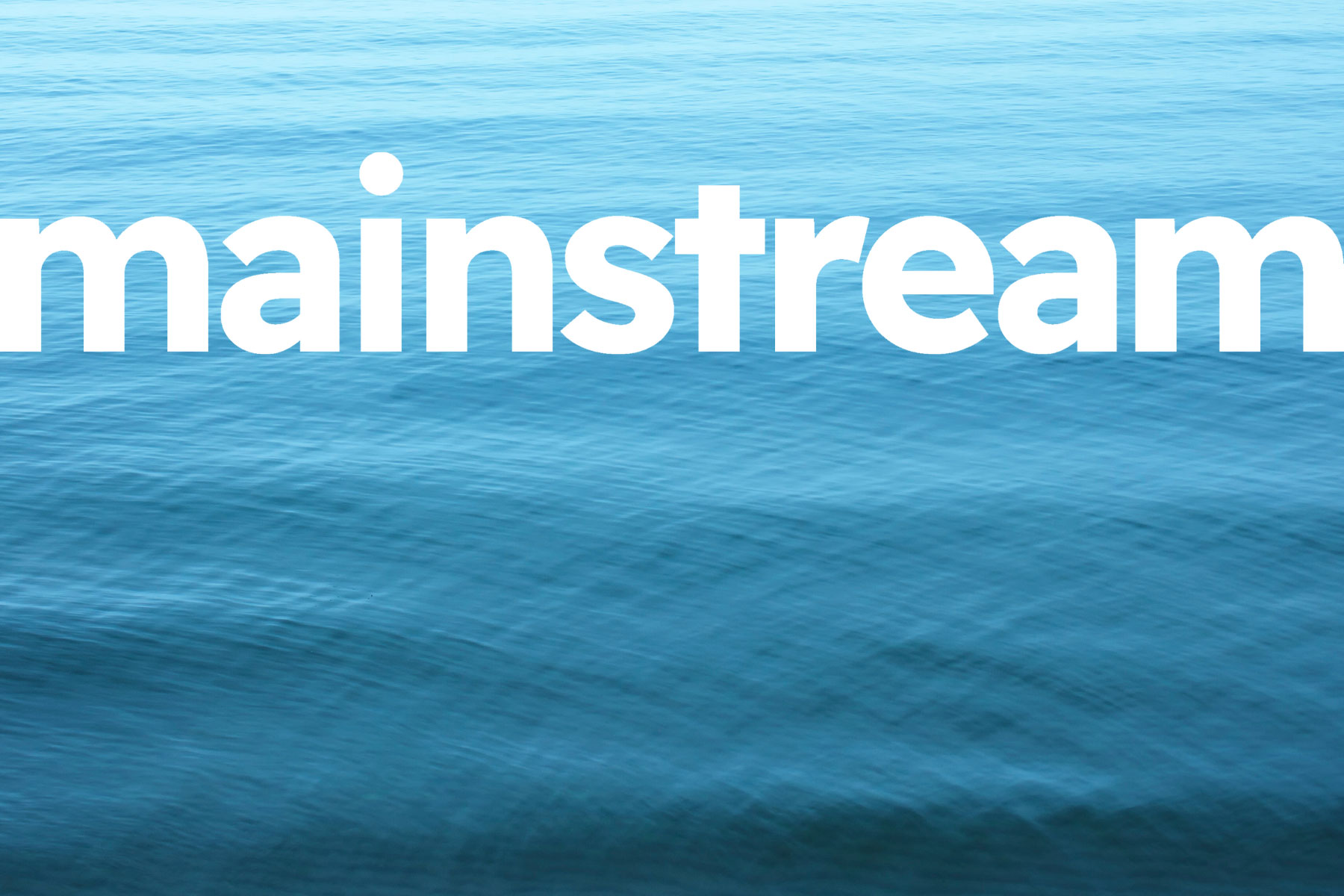There are various mechanisms by which early stage companies can raise funds to survive and grow. Traditionally this has involved either debt or equity investment, but both can be time-consuming and result in significant professional fees being incurred which are disproportionate to the current value of the business. One of the main reasons for this is the difficulty in valuing early stage companies, particularly where parallel negotiations are taking place with multiple investors.
For fast growth start-up companies burning through cash, accelerating the investment process can be key to survival. In recent years a number of new vehicles have evolved to enable companies to raise funds more quickly. In the UK, this has been significantly influenced by the availability of private capital and the growth of SEIS/EIS investments in early stage companies.
One option is an advance subscription. This involves an investor transferring funds to a company on day 1, but waiting to receive their shares until the occurrence of a future event. The idea is that deferring the valuation process (and removing a significant layer of negotiation in the process) makes it easier for companies to raise money, particularly before or between more structured rounds of fundraising.
What are the key features of an advance subscription?
The primary features of an advance subscription are that:
- It is not a loan. Conversion of a loan into shares does not qualify for SEIS or EIS.
- It is non-refundable. The cash advanced cannot be repaid to the investor in any circumstances, giving the Company certainty that it will be able to apply the funds to its working capital. It is a question of when, not if, the shares will be issued to the investor.
- It is non-interest bearing. Because an advance subscription is a right to acquire shares at a future date – and not a loan – no interest is payable by the Company.
- The issue of shares to the investor is triggered by a future event. This will generally be completion of a full fundraising round (with a value in excess of an agreed threshold), the sale of the Company, insolvency of the Company or, if none of these have occurred in the meantime, a longstop date which HMRC has recently clarified should be no more than 6 months from the date of the subscription (but which prior to January 2020 was typically up to 12 months).
- The share price is determined by that future event. This will typically be the lower of (1) a price agreed between the parties and (2) a discount (of typically 10-30%) against the price achieved in a subsequent (“qualifying”) funding round.
- It can qualify for EIS relief. If structured correctly, an advance subscription may allow the investor to claim EIS relief on their investment if the business qualifies.
What are the key terms to be negotiated?
Whilst advance subscriptions often require less negotiation than full fundraising rounds, there are several key terms that will need to be agreed. These include the pricing mechanics such as the discount and longstop price, and the level of investment that will constitute a qualifying funding round.
Whilst some smaller early stage investments will be done using short-form advance subscription agreements, investors putting in larger sums will usually require the usual range of warranties and undertakings that would be included in a standard investment agreement.
What are the benefits of an advance subscription?
Advance subscriptions can be very attractive to both investors and investee companies.
From the Company’s perspective, an advance subscription allows for a relatively light-touch negotiation process, because it effectively defers the question of share valuation until the occurrence of a future event. This often allows cash to be made available to the Company more quickly than might otherwise be possible. An advance subscription is a less extensive process than a full equity round, and so professional fees will also be lower.
In situations where a Company has not delivered all that the founders would have hoped for, an advance subscription can provide time to improve performance. This can avoid the frustration of a down round, and give the Company time to justify issuing shares at a higher price. The acid test for this will then be whether the Company has managed to attract further investment at a higher share price before the longstop date.
From an Investor’s perspective, the availability of EIS relief is very attractive – and is not currently available where a loan or convertible loan is provided. We have written elsewhere about the importance of protecting EIS relief wherever possible.
It is also significant that it is the date on which the shares are issued to the Investor that is relevant for the purposes of claiming EIS relief. If structured properly, this may allow Investors who have exhausted their EIS entitlement in the current financial year to participate in an investment which, depending on when the shares are issued, may be treated as part of their EIS entitlement for the following year. This is also relevant where a Company has exhausted its annual EIS allowance for the current year.
The ability to defer valuing an early stage company can also be very attractive, particularly where investors then benefit from a discount at the point where shares are issued. This incentivises and rewards investors for getting on board at an earlier stage in a company’s growth. A longstop price can then be set which reflects the expected value of the shares in the scenario where further investment or a sale has not been achieved.
Find out more…
To find out more about advance subscription agreements, or discuss alternative ways for early stage companies to structure a funding round, please contact Harry Trick or Stephen Morse.
This article is for general information only and does not, and is not intended to amount to legal advice, and should not be relied upon as such. If you have any questions related to your particular circumstances, you should seek independent legal advice.





